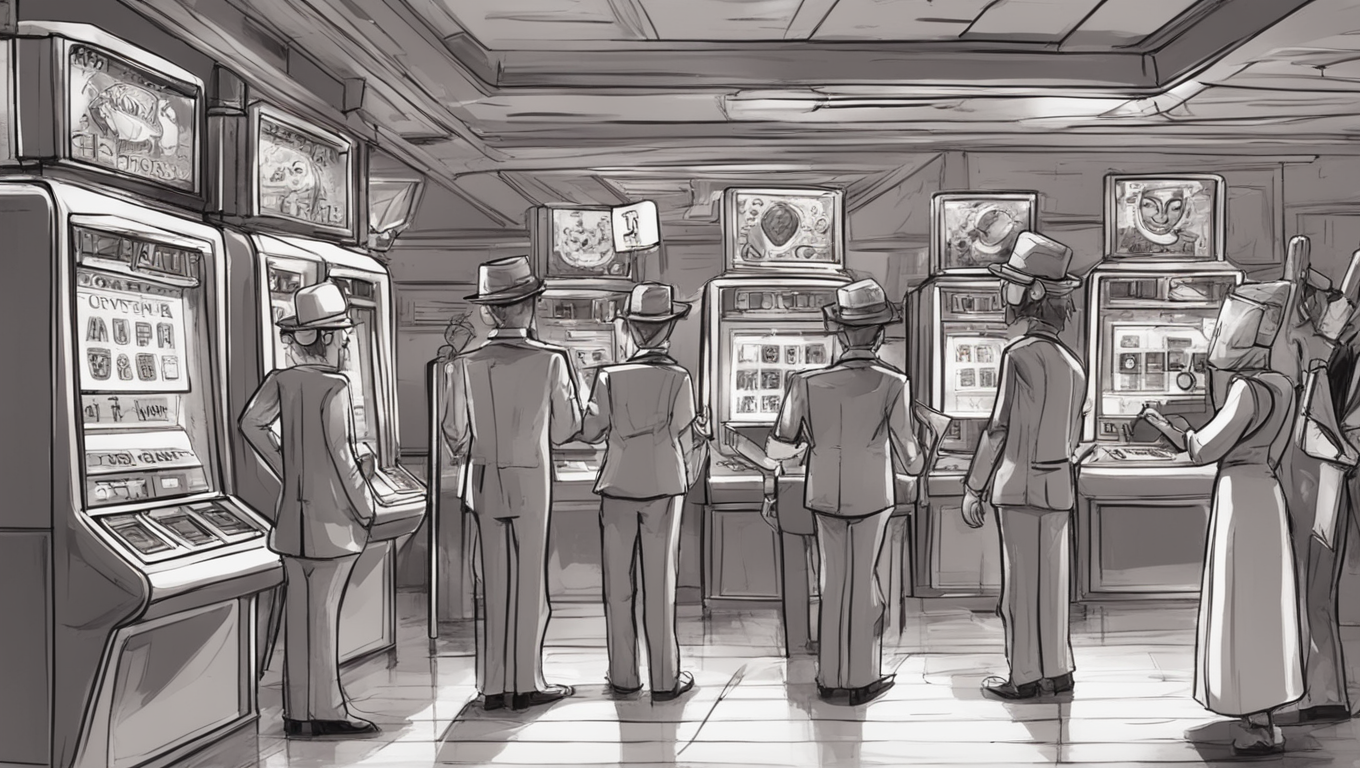The annual CES technology trade show in Las Vegas showcased various robots, raising concerns among workers in the hospitality industry about the threat of job loss due to artificial intelligence (AI). Roman Alejo, a barista at the Sahara hotel-casino, expressed his fear, saying, “It is very scary and very eye-opening to see how humans can think of replacing other humans.” These concerns were recently highlighted by the casino workers union in Las Vegas, which ratified new contracts for its 40,000 members.
According to Ted Pappageorge, the Culinary Workers Union’s secretary-treasurer, technology was a significant issue during the negotiating process. The emergence of robotics and AI in the hospitality industry has forced labor unions to rethink their negotiation strategies for job security. Bill Werner, an associate professor in the hospitality department at the University of Nevada, Las Vegas, believes that unions must be “much more deliberate” in securing rights for workers in light of AI advancements. Werner raised questions about the future of union jobs in the casino industry and the consequences if they are replaced by robots.
To address these concerns, the Culinary Union included provisions in its latest contract to protect workers. The contract offers $2,000 in severance pay for each year worked if a job is eliminated by technology or AI, as well as the option to transfer to a different department within the company. Pappageorge emphasized the need to create language that protects workers from current and future technological advancements. He believes that unregulated AI can cause significant damage and that preparing for these changes is crucial.
In response to the increasing automation in the industry, over 100 union members attended CES this year to explore emerging technology that could potentially replace more casino jobs. The trade show featured robots that complete deliveries, prepare food and beverages, and even act as masseuses. The exhibition also showcased AI-powered smart grills and chef-like robots that hinted at a future with “autonomous restaurants.” While some startups, such as Artly Coffee, claim their autonomous bots are not replacing jobs but rather addressing labor shortages, AI poses a real threat to jobs that do not require direct customer interaction, such as housekeeping and food preparation.
Despite the potential benefits of automation, concerns arise regarding the impact on customer service, especially in a destination like the Las Vegas Strip, where top-notch service is expected. The Culinary Union acknowledges the incredible innovations in the hospitality industry but also recognizes the fear surrounding the growing reliance on technology. As the labor union and its members navigate this ever-evolving industry, it is essential to find a balance between technological advancements and protecting workers' rights.
As the casino industry continues to adapt to AI and robotics, it is crucial for labor unions to stay one step ahead of emerging technologies. Negotiating contracts that safeguard workers and address potential job losses due to automation is vital in ensuring a smooth transition. The Culinary Union’s efforts to secure severance pay and opportunities for reemployment within companies demonstrate a proactive approach to protecting workers in an era of technological disruption. The future of the casino industry may be increasingly reliant on AI, but labor unions are working towards ensuring that human workers are not left behind.





Use the share button below if you liked it.